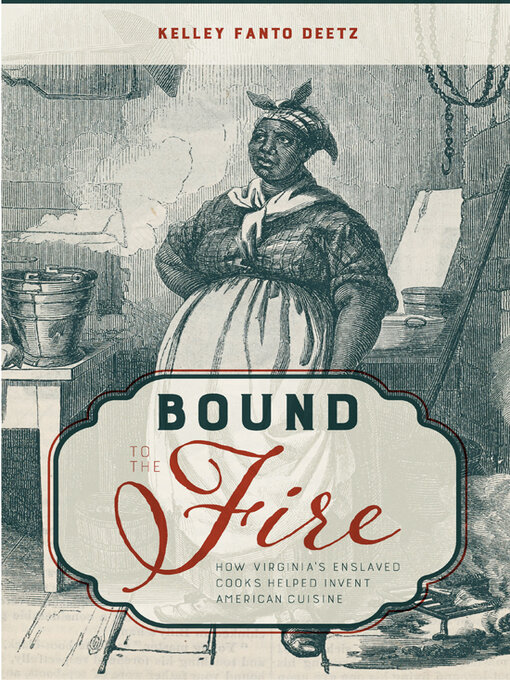For decades, smiling images of "Aunt Jemima" and other historical and fictional black cooks could be found on various food products and in advertising. Although these images were sanitized and romanticized in American popular culture, they represented the untold stories of enslaved men and women who had a significant impact on the nation's culinary and hospitality traditions, even as they were forced to prepare food for their oppressors.
Kelley Fanto Deetz draws upon archaeological evidence, cookbooks, plantation records, and folklore to present a nuanced study of the lives of enslaved plantation cooks from colonial times through emancipation and beyond. She reveals how these men and women were literally "bound to the fire" as they lived and worked in the sweltering and often fetid conditions of plantation house kitchens. These highly skilled cooks drew upon knowledge and ingredients brought with them from their African homelands to create complex, labor-intensive dishes. However, their white owners overwhelmingly received the credit for their creations. Deetz restores these forgotten figures to their rightful place in American and Southern history by uncovering their rich and intricate stories and celebrating their living legacy with the recipes that they created and passed down to future generations.


